Optimal Seasons for Siding Services
Siding service is most effective during specific seasons when weather conditions are favorable. Proper timing ensures optimal installation, repairs, and maintenance, leading to longer-lasting results and minimal disruptions.
Spring offers moderate temperatures and low humidity, ideal for siding installation and repairs.
Summer provides longer daylight hours, but high temperatures and humidity can affect certain siding materials.
Fall's cooler weather reduces the risk of heat-related issues during siding work, making it a popular season.
Winter is generally less suitable due to cold temperatures and potential for snow, which can delay siding projects.
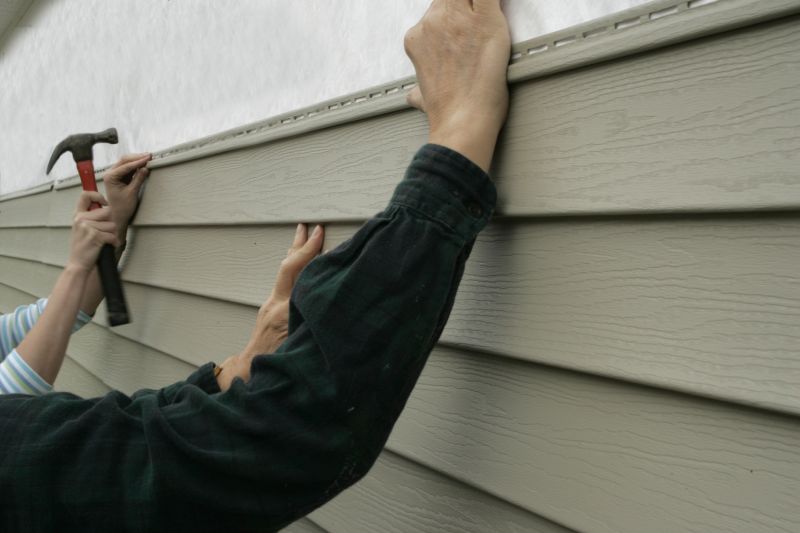
Optimal conditions for installing new siding in the spring.
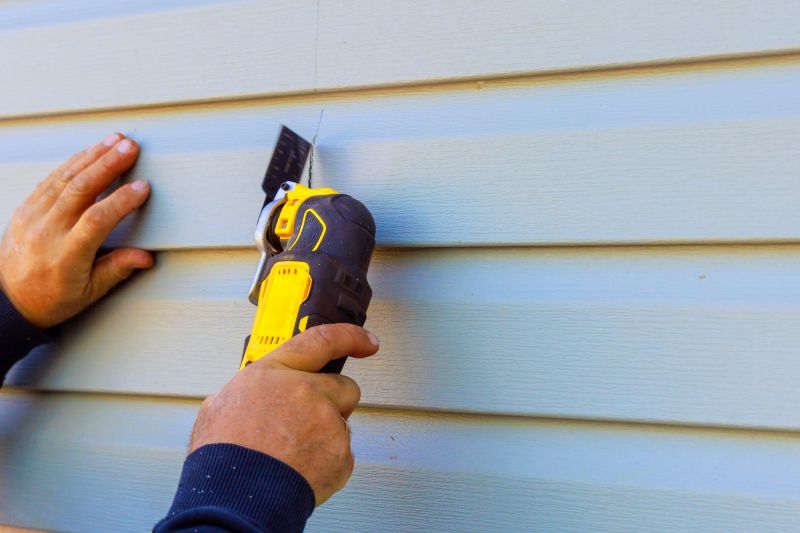
Perform repairs during summer with proper precautions for heat.

Ideal time for maintenance before winter sets in.
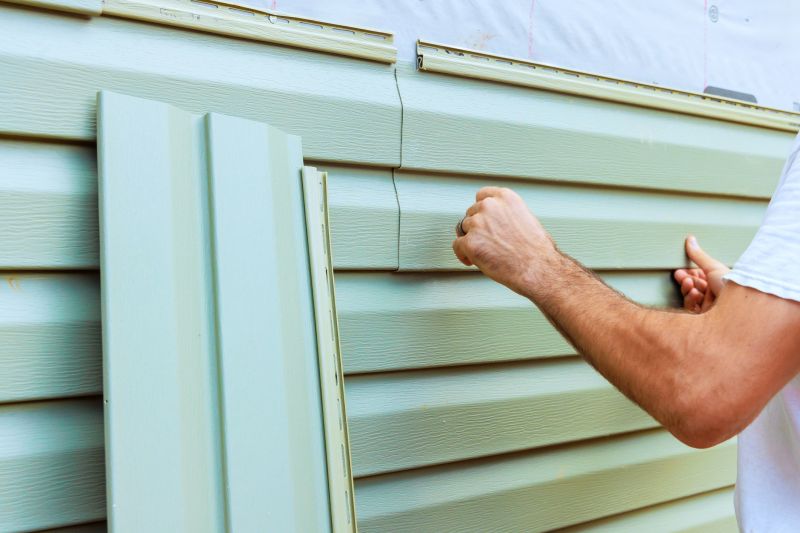
Ways to make Siding Service work in tight or awkward layouts.
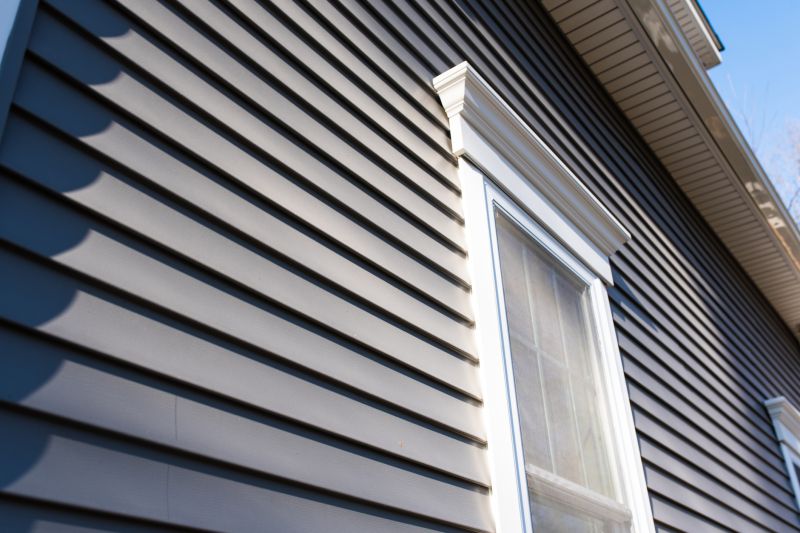
Popular materials for Siding Service and why they hold up over time.
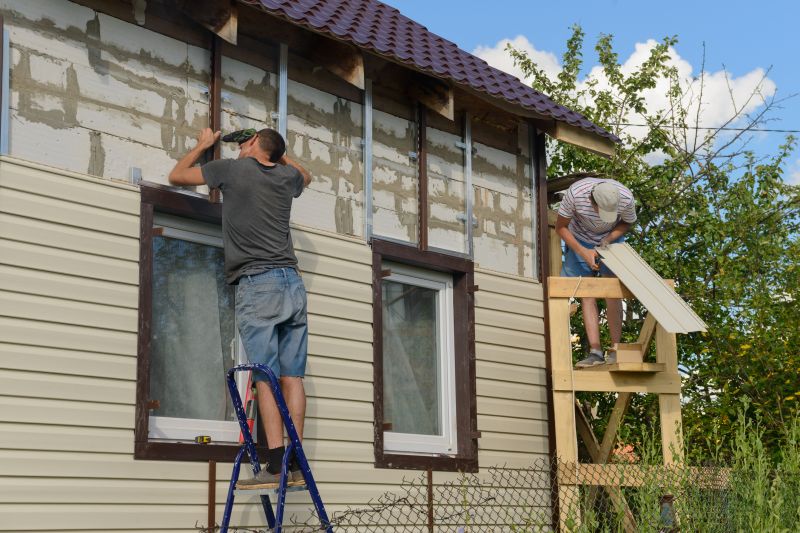
Simple add-ons that improve Siding Service without blowing the budget.
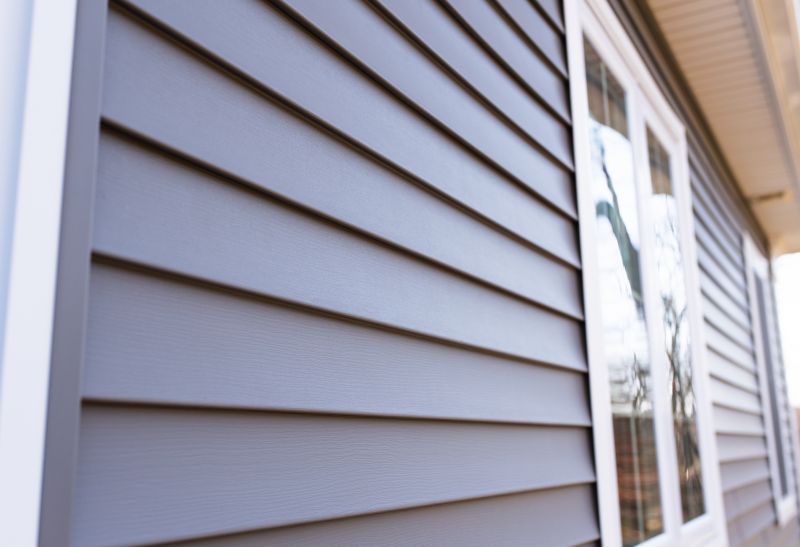
High-end options that actually feel worth it for Siding Service.
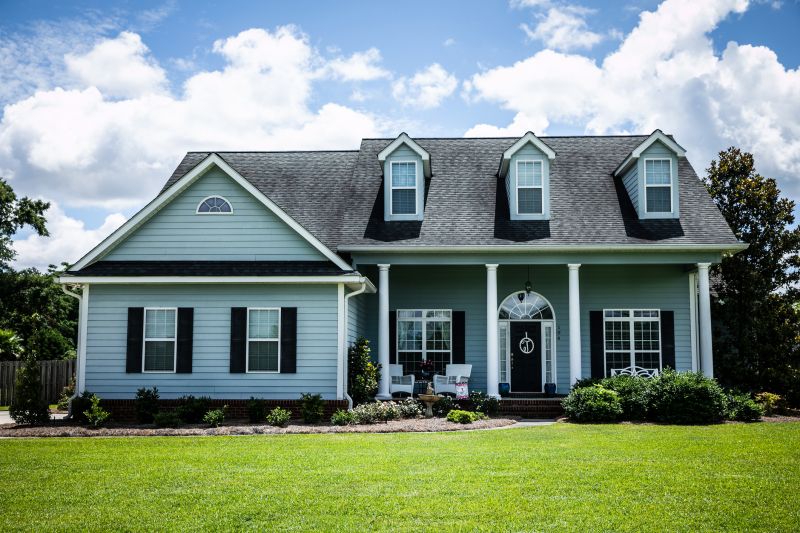
Finishes and colors that play nicely with Siding Service.
| Season | Best Use Case |
|---|---|
| Spring | Ideal for new installations and repairs due to mild weather. |
| Summer | Suitable for repairs, with considerations for heat. |
| Fall | Great for maintenance and preparation for winter. |
| Winter | Generally discouraged due to cold and snow conditions. |
Siding service involves installing, repairing, and maintaining the exterior cladding of buildings. Proper siding enhances curb appeal, improves insulation, and protects structures from weather damage. Different materials, such as vinyl, fiber cement, and wood, require specific conditions for optimal installation and longevity. Timing siding work appropriately can prevent issues like warping, cracking, or moisture intrusion, which are common when work is performed under unsuitable weather conditions.
Statistics indicate that scheduling siding projects during optimal seasons can extend the lifespan of the material by several years and reduce the need for frequent repairs. For example, siding installed in spring or fall has shown to last longer and perform better under normal weather fluctuations. Proper timing also minimizes project delays and ensures quality workmanship.
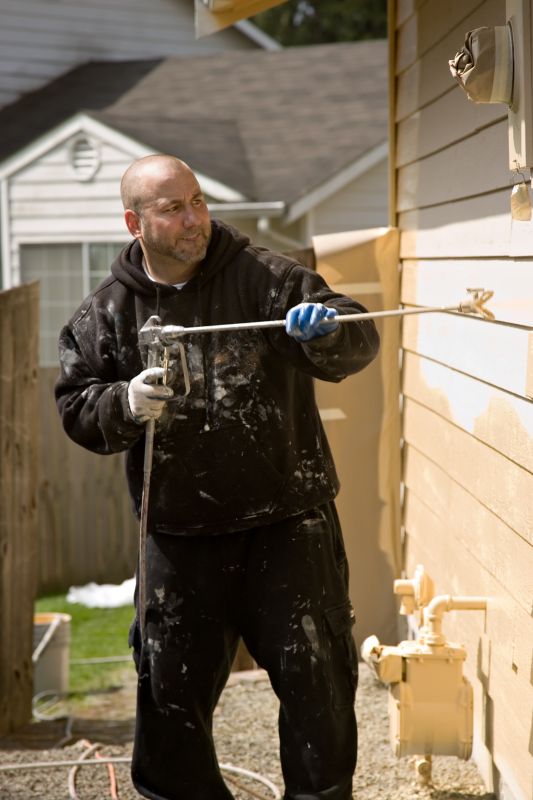
Spring's moderate weather supports effective siding installation.
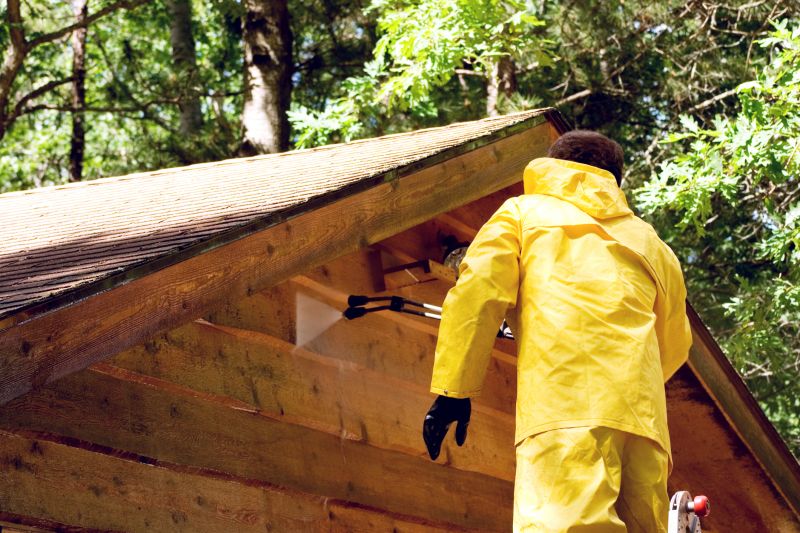
Fall is suitable for finishing siding work before cold weather arrives.
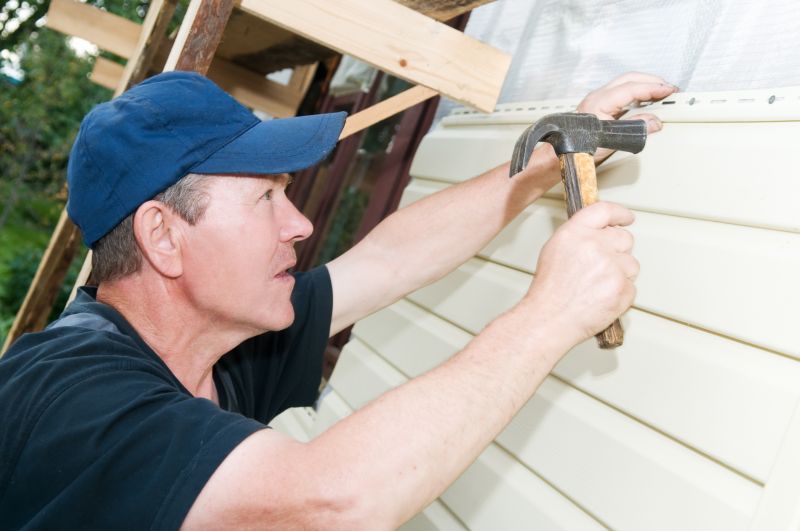
Summer allows for longer work hours but requires precautions against heat.
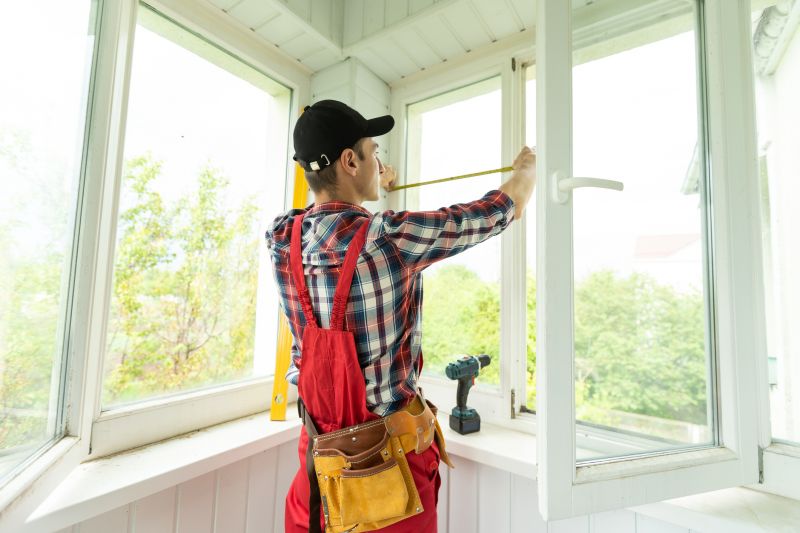
Little measurements that prevent headaches on Siding Service day.
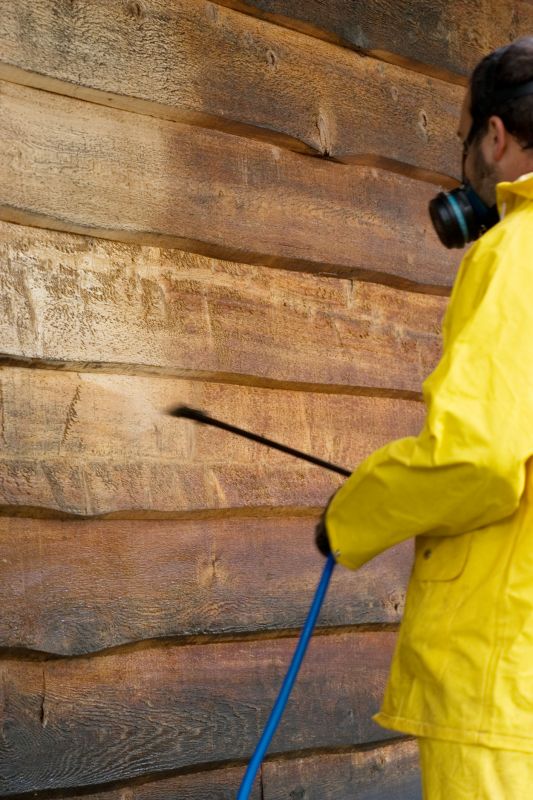
A 60-second routine that keeps Siding Service looking new.
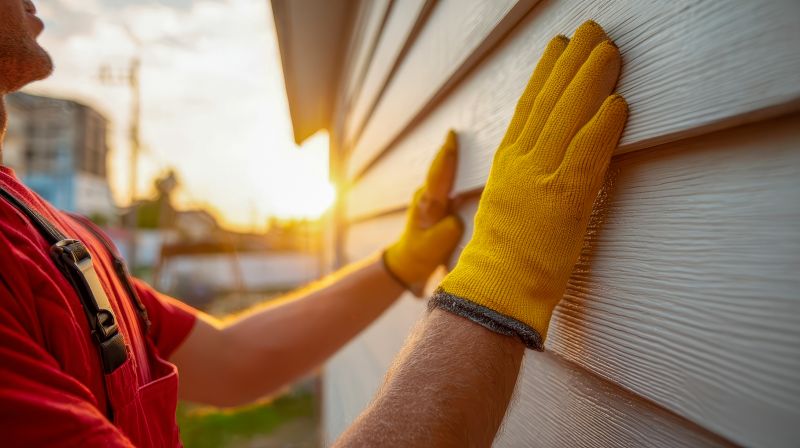
A frequent mistake in Siding Service and how to dodge it.
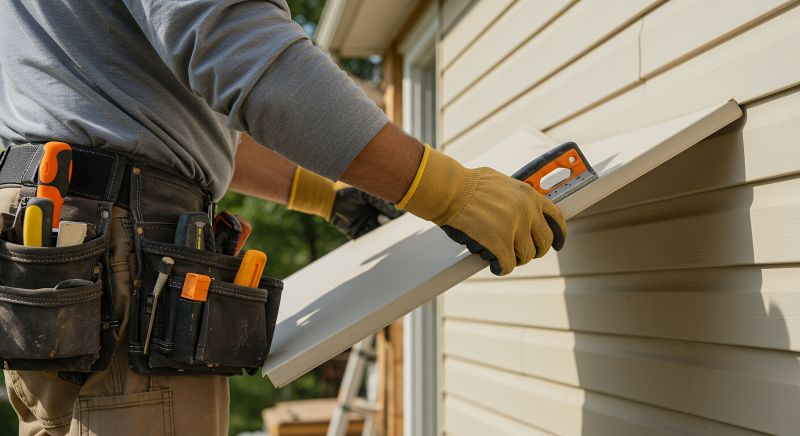
Optimal for new siding projects.
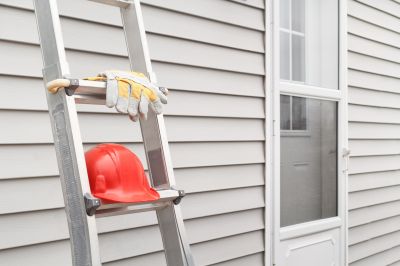
Perform repairs with attention to heat and humidity.
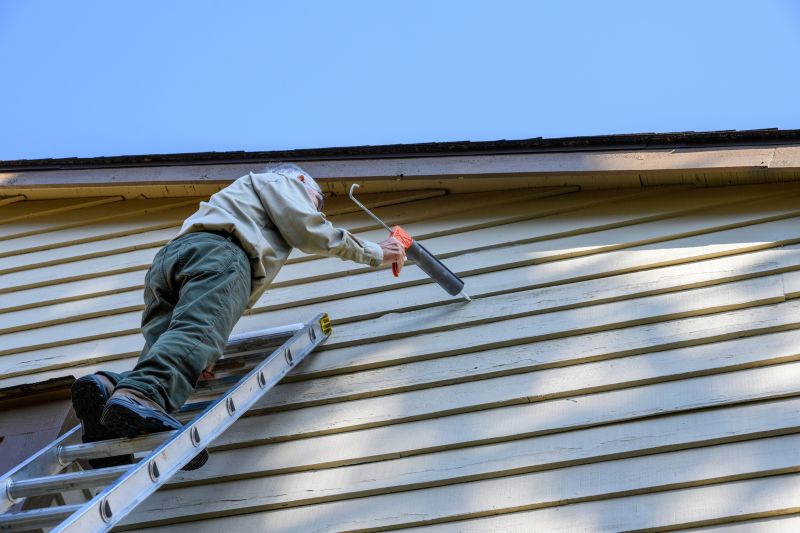
Ideal for preparing siding for winter.
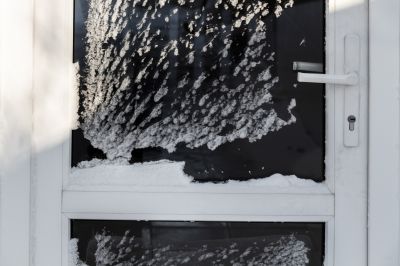
Generally not recommended due to weather constraints.
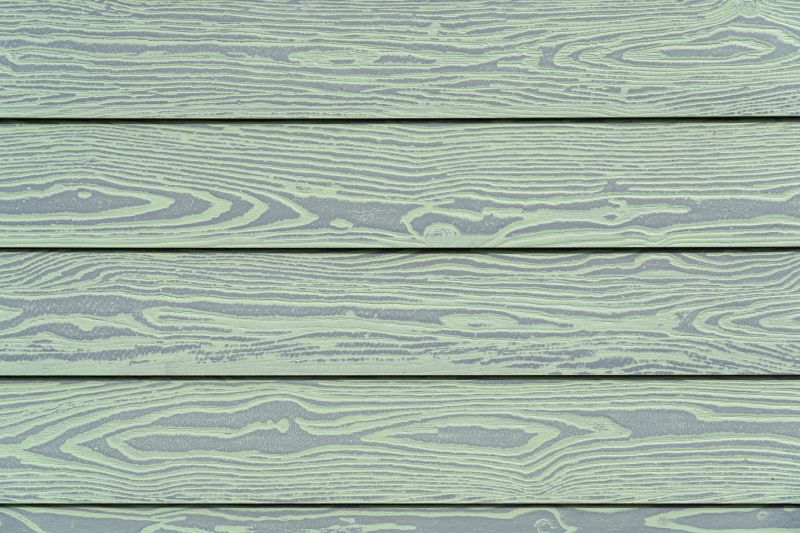
Lower-waste or water-saving choices for Siding Service.
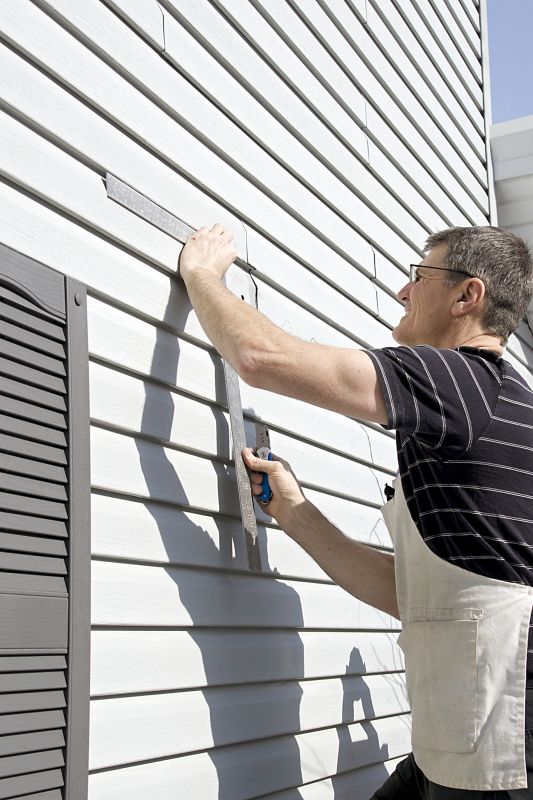
The short, realistic tool list for quality Siding Service.
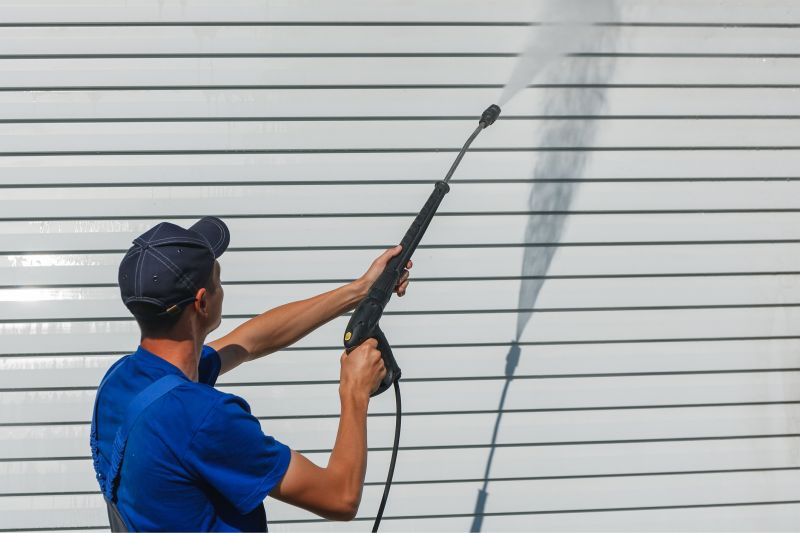
Rough timing from prep to clean-up for Siding Service.
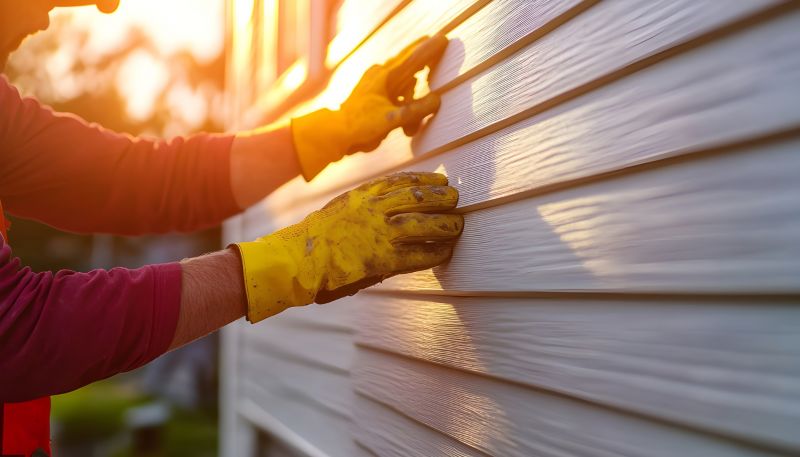
Quick checks and paperwork to keep after Siding Service.
Those interested in scheduling siding work should consider seasonal weather patterns for best results. Proper timing can improve the durability and appearance of siding, ultimately providing better protection and aesthetic appeal for the property. Contact for more information or to plan a siding project during the most suitable season.


